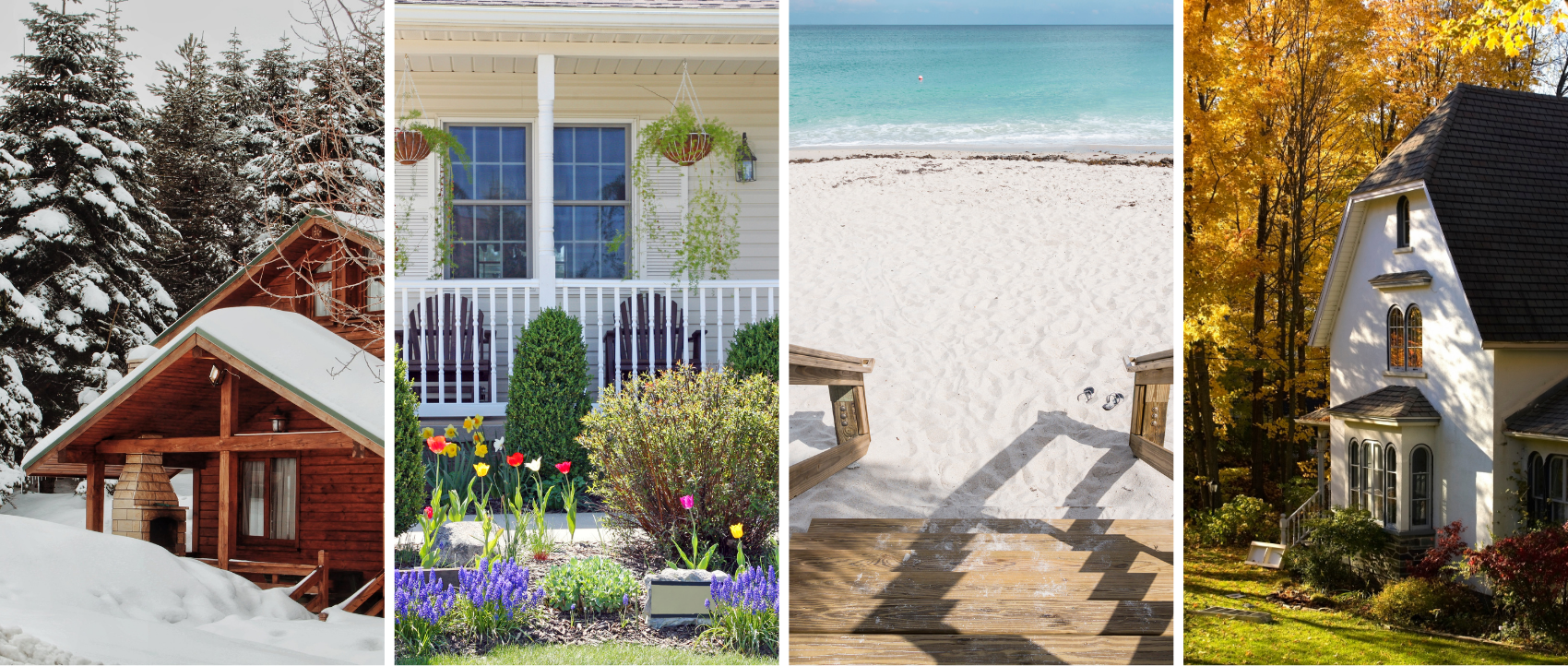Vacation Homes: 2025 Forecast
What You Need to Know

As we navigate through 2025, the vacation home rental market continues to evolve, influenced by shifting traveler preferences, regulatory changes, and technological advancements. Understanding these dynamics is crucial for property owners and managers aiming to stay competitive and maximize returns.
Market Growth and Demand
The global vacation rental market is projected to reach $105.7 billion by the end of 2025, with an annual growth rate of 4.41%. This growth is driven by travelers seeking unique, personalized experiences that traditional accommodations often don't provide. Notably, there's an increasing demand for eco-friendly and sustainable rental options, as environmentally conscious travelers prioritize properties that align with their values.
Occupancy Rates and Revenue
Forecasts suggest a rebound to pre-pandemic occupancy levels, with rates reaching approximately 54.9% by the end of 2025. This improvement is attributed to sustained demand growth and a slowdown in new property listings. Revenue per available rental (RevPAR) is projected to increase by 2.9%, indicating ongoing revenue growth for operators.
Regulatory Environment
The short-term rental industry faces an increasingly complex regulatory landscape. Projections indicate that states will consider an estimated 328 bills related to short-term rentals in 2025, with approximately 66 expected to pass. These regulations often address concerns such as housing affordability and community impact. For instance, Athens has implemented strict zoning laws and banned new short-term rental registrations in certain areas to preserve local communities.
Competitive Landscape
The vacation rental market is becoming increasingly competitive, with 55% of property managers anticipating heightened competition in 2025. To stand out, property owners are investing in unique, high-demand properties and adopting strategic pricing techniques. Additionally, there's a growing trend of travelers seeking off-the-grid escapes and wellness retreats, prompting hosts to diversify their offerings.
Technological Advancements
Technology continues to reshape the vacation rental industry. Platforms like Airbnb are expanding beyond traditional home sharing, investing in local tours, cleaning services, and grocery partnerships to enhance guest experiences. Moreover, the integration of artificial intelligence in dynamic pricing and guest communication is becoming more prevalent, helping hosts optimize operations and improve guest satisfaction.
Conclusion
The vacation home rental market in 2025 is characterized by growth, increased competition, and evolving regulations. Property owners and managers who stay informed about market trends, adapt to regulatory changes, and leverage technological advancements will be well-positioned to thrive in this dynamic landscape.




Join our newsletter for discounts, updates and more.
Newsletter
Thank you signing up for our newsletter!
You'll be hearing from us soon!
Please try again later.






